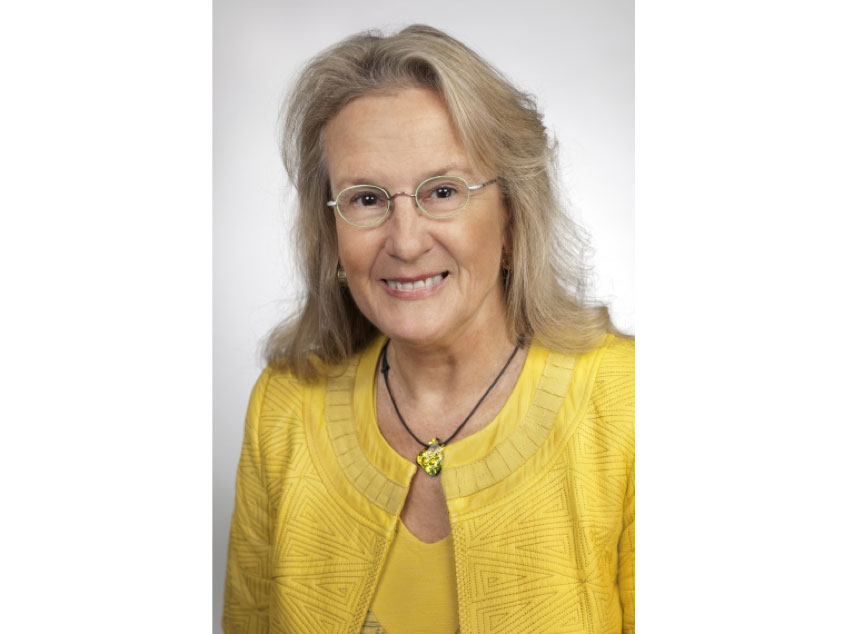The University of Arizona has been awarded a five-year $60 million grant from the National Institutes of Health to create and lead a Precision Aging Network that could transform the way we think about the aging brain.
The network will bring together researchers from across the country to better understand how and why people experience brain aging differently, with the ultimate goal of developing more effective treatments and interventions targeted to the individual.
Led by neuroscientist Carol Barnes, a University of Arizona Regents Professor of psychology, neurology and neuroscience and Director of the University of Arizona Evelyn F. McKnight Brain Institute, the program was inspired by the field of precision medicine, which takes into account a person’s genetics, lifestyle, environment and other factors to customize care rather than relying on a one-size-fits-all approach.
“You’re going to age differently from me, and I’m going to age differently from someone else. We all need a prescription that fits us individually if we are to optimize our cognitive health. We’re interested in exploring more deeply: What is a normative aging brain? What are the fundamentals? Because we can’t understand the diseases that happen in an aging brain until we understand the fundamentals of what is a generally normative aging brain.”
Carol Barnes, Director of the University of Arizona’s Evelyn F. McKnight Brain Institute and national leader in brain aging research
Researchers from the University of Arizona, Arizona State University, Emory University, Johns Hopkins University, Baylor College of Medicine, the Georgia Institute of Technology, the University of Miami and the Phoenix-based Translational Genomics Research Institute, or TGen, an affiliate of City of Hope, will be part of the University of Arizona-led network. The program will embark on four national-scale research studies designed to better understand the neural mechanisms that account for optimal brain performance in older age and those that underlie age-related cognitive impairment and disorders such as Alzheimer’s disease.
Read the full Precision Aging Network announcement on the University of Arizona MBI website.


